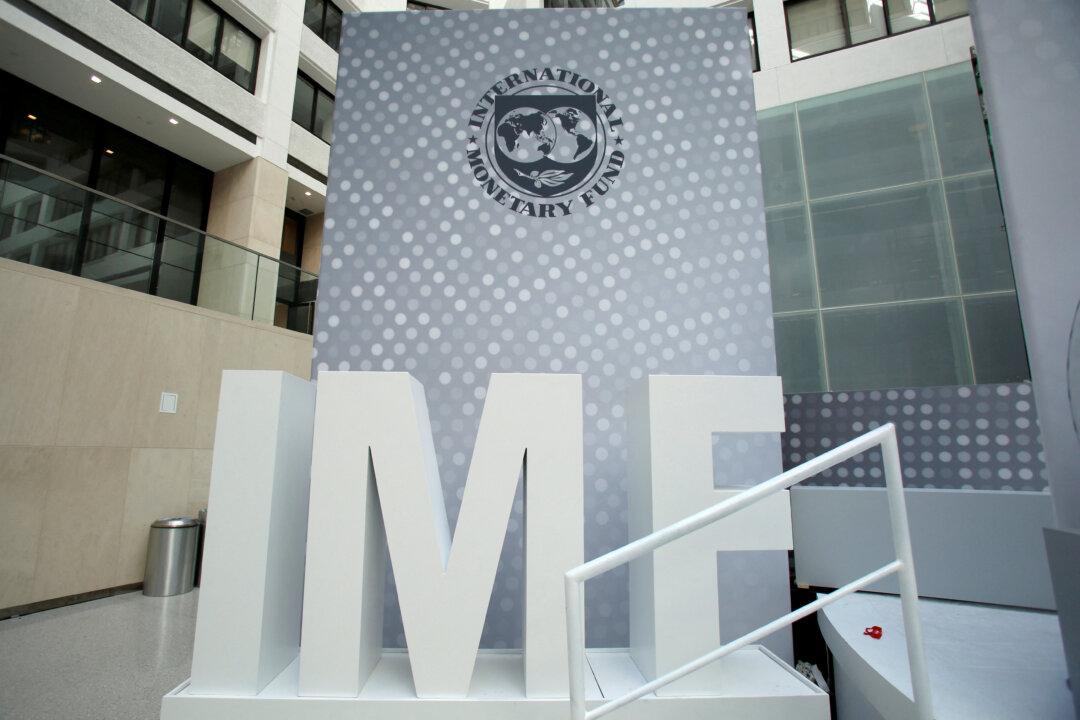The International Monetary Fund (IMF) recommended that cryptocurrencies like Bitcoin should not be legal tender, and issued an action plan to member states.
The IMF released a nine-point action plan on Feb. 24 on how countries could suppress the popular use of crypto assets.





